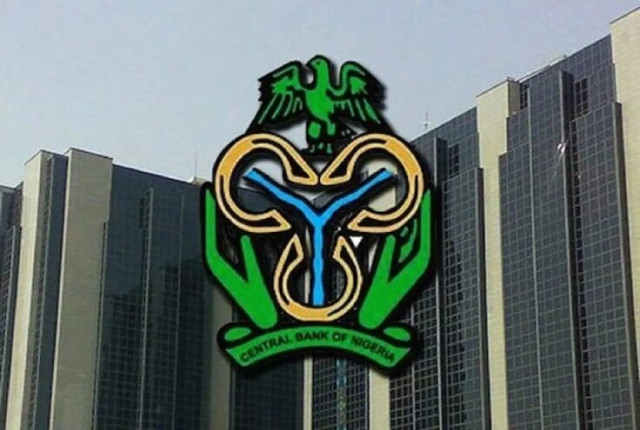The Socio-Economic Rights and Accountability Project (SERAP), alongside BudgIT and 136 concerned Nigerians, have initiated a lawsuit against the Central Bank of Nigeria (CBN) over its alleged failure to withdraw the cybersecurity levy.
The plaintiffs filed the lawsuit, number FHC/L/CS/822/2024, at the Federal High Court in Lagos State, contending that the CBN's circular dated May 6th, 2024, directing financial institutions to deduct a cybersecurity levy from customers' accounts is unlawful and exceeds the bank's authority.
The plaintiffs seek a determination from the court as to whether the CBN's directive violates sections 14(2), 44(1), and 162(1) of the Nigerian Constitution and is therefore unconstitutional, null, and void.
Additionally, they demand that the CBN be restrained from enforcing the circular until the court decides on the matter.
Ebun-Olu Adegboruwa, SAN, the lawyer representing the plaintiffs, argued in the suit that "The CBN circular is unlawful and an outright violation of the provisions of the Nigerian Constitution and the country's international obligations."
The plaintiffs further asserted that the provisions of the Cybercrimes Act on payment of the cybersecurity levy apply only to businesses listed in the Second Schedule to the Act and do not reference bank customers, contrary to the CBN's circular.
They urged the court to grant the requested reliefs in the public interest to prevent arbitrariness and uphold the rule of law in the country.
The cybersecurity levy, as directed by the CBN, is to be remitted to the National Cybersecurity Fund administered by the Office of the National Security Adviser. However, the plaintiffs argue that this contradicts Section 162(1) of the Nigerian Constitution, which mandates that revenues collected by or on behalf of the Government of the Federation be paid into the Federation Account.
The plaintiffs also highlighted that commercial banks in Nigeria already charge substantial fees for electronic transactions.
The hearing date for the suit has not yet been set.




















